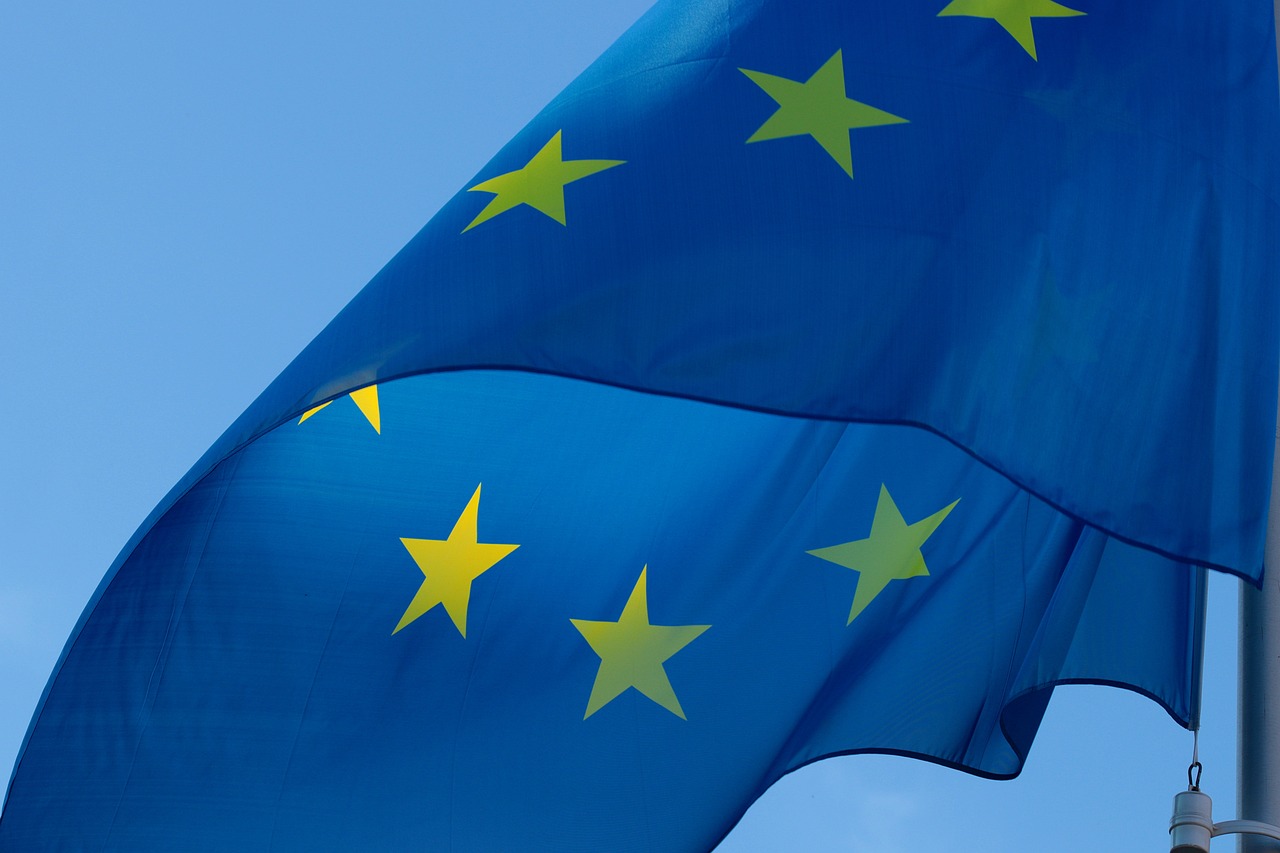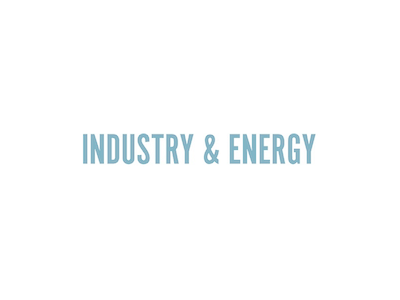Belgium – To increase the production of clean technology in the EU and ensure that the Union is prepared for the switch to clean energy, the EU Commission has proposed the Net-Zero Industry Act.
Technologies that will significantly aid in decarbonization are covered under the proposed legislation. These include advanced technologies to produce energy from nuclear processes with little waste from the fuel cycle, small modular reactors, related best-in-class fuels, solar photovoltaic and solar thermal, onshore wind and offshore renewable energy, batteries and storage, heat pumps and geothermal energy, electrolysers and fuel cells, biogas/biomethane, carbon capture, use, and storage, and grid technologies. The Strategic Net Zero technologies listed in the Regulation’s Annex will be given special consideration and must meet the 40% domestic manufacturing standard.
Carbon neutrality
The Act would increase the resiliency and competitiveness of net-zero technology production in the EU and improve the sustainability and security of our energy system. In order to achieve the Union’s overall strategic net-zero technologies manufacturing capacity approaching or reaching at least 40% of the Union’s deployment needs by 2030, it will improve the circumstances for the establishment of net-zero projects in Europe and attract investments. This will hasten the attainment of the EU’s 2030 energy and climate targets as well as the shift to carbon neutrality, while also enhancing the competitiveness of EU industry, producing high-quality jobs, and assisting the EU’s initiatives to achieve energy independence.
Import reliance
The Net-Zero Industry Act lays out a precise European framework to lessen the reliance of the EU on highly concentrated imports, along with the proposal for a European Essential Raw Materials Act and the reform of the electricity market architecture. It will assist in strengthening the resilience of Europe’s clean energy supply chains by building on the knowledge gained from the Covid-19 outbreak and the energy crisis caused by Russia’s invasion of Ukraine.
Europe – place for hydrogen
The Commission is also outlining its suggestions for the structure and purposes of the European Hydrogen Bank in order to assist the adoption of renewable hydrogen within the EU as well as imports from outside partners. This makes it quite evident that Europe is the region for producing hydrogen.
The first pilot auctions on renewable hydrogen generation will begin under the Innovation Fund in the fall of 2023, as stated in the Green Deal Industrial Strategy. For a maximum of 10 years of operation, selected projects will receive funding in the form of a predetermined premium per kilogram of hydrogen generated. This will lower overall capital costs and make projects more bankable. The EU auction platform can also provide Member States with “auctions-as-a-service,” which will help with hydrogen generation throughout Europe.
Prior to approval and implementation, the proposed Regulation must now be examined and approved by the European Parliament and the Council of the European Union.





